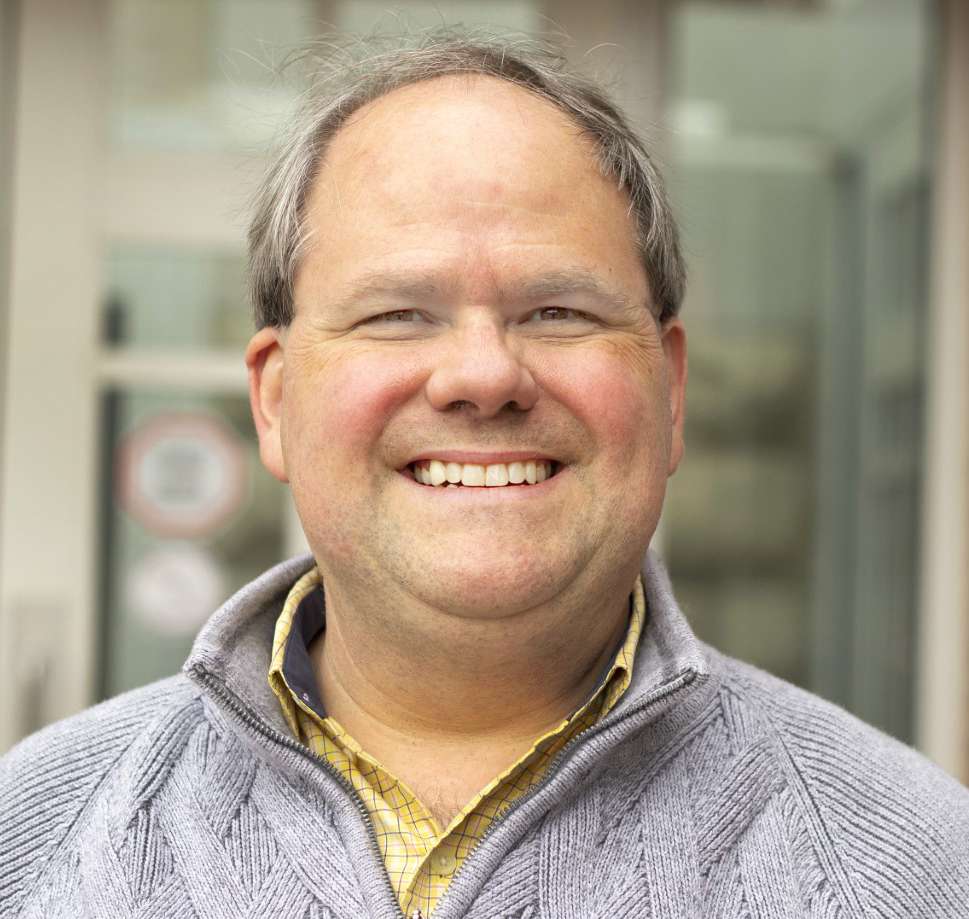
Want more nurses and teachers? Start with civic education.
Late last month, the Kansas Board of Regents (BOR) released recommendations to the Kansas State Department of Education (KSDE) calling for high-school students to take four math courses prior to graduation, instead of the current three. In addition, the BOR called for four units of English, validating the current standard. They also encouraged more high school students to study computer science and take dual-enrollment courses, in which high school students earn college credit for transfer. Finally, they want schools to help students complete the FAFSA form for federal student aid. These are ambitious goals–but what happened to civic education?

It is no secret that the BOR wants to make our students career-ready. That is a good goal. Today’s popular careers with more need than applicants include nurses, teachers, physical therapists, and computer scientists. Yet with American democracy on life support, a renewed commitment to civic education remains vital–not only for our well-being, but also for our careers.
Consider one of today’s hottest job fields: nursing. Burnout is rampant among existing nurses, while potential nursing students are changing their minds. The reason: our broken political climate. According to a 2019 survey by the American Nurses Association, one in four nurses has been physically assaulted on the job. A 2021 survey from the American Nurses Foundation found that 21% of nurses plan to leave their jobs within the next six months, and half of those (10% of all nurses total) said their jobs were negatively affecting their health and well being.
Toxic, political conspiracy theories promoted by politicians, trolls, and foreign agents pretending to be American citizens online are major factors in this assault on medicine. Only a renewed commitment to a healthy political climate will solve this. Students must be taught to thoroughly, rigorously evaluate information they read online and evaluate it in light of science. They also need to learn tolerance for those with whom they disagree. That is, they must learn that those with differing opinions are just that, not a cabal that is trying to hurt them, kill them, destroy their way of life, or even–these are actual tenents of the popular QAnon conspiracy theory–worship Satan and drink children’s blood in order to get high.
Toxic nonsense corrupts other high-demand professions as well. We face growing shortages of teachers, who in turn are facing increasing harassment from politicians, internet trolls, and small minorities of parents who arrive at meetings ready to start fights because of things they have read or heard on social media or TV. Not surprisingly, fewer college students are showing an interest in becoming teachers. Another math class will not fix this.
Our professionals are leaving their jobs due to political, verbal, and even physical assault, which in turn is caused by conspiracy theories and broken politics. High school and college students are shying away from these jobs. While the study of mathematics and other fields are to be commended, the only way to fix this crisis is to commit ourselves to a renewed, healthy political climate centered on accurate information and respect for differing opinions. It starts with civic education in the classroom.
Michael Smith is a professor at Emporia State University.






